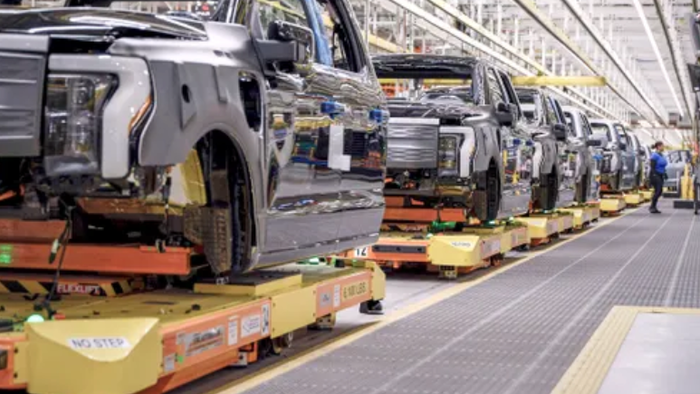What’s Happening?
President Trump is reducing taxes (called tariffs) on car parts imported into the U.S. to help American car manufacturers. These taxes had made it expensive for companies to build cars in the U.S. using parts from other countries. The changes include refunds for some taxes already paid and aim to encourage companies to keep making cars in America.
Why It Matters
- Trade Wars Hurt Costs: U.S. car makers rely on parts from Asia and Europe. Tariffs during the trade war raised costs, making it harder to compete.
- New Relief: The policy lowers taxes on foreign parts and offers refunds, easing financial pressure on companies.
Key Changes
- Tax Refunds:
- Companies can get money back for taxes paid on materials like steel and aluminum.
- Example: If a U.S.-made car costs $20,000, companies could get a 3.75% refund ($750) in the first year, then 2.5% ($500) the next year.
- Lower Taxes on Imports:
- A 25% tax on fully foreign-made cars (started this month) remains, but taxes on car parts will be reduced.
- Deadline:
- The new rules start May 3.
Reactions
- U.S. Government:
- Commerce Secretary called this a “win” for U.S. workers and companies, rewarding those who make products in America.
- Ford’s CEO:
- Praised the move, saying it helps lower costs and supports U.S. jobs.
Bigger Picture
- Shift from China: The U.S. wants companies to move supply chains (the network of part suppliers) out of China to allies or back to the U.S. to reduce reliance on foreign rivals.
Political Context
- Trump announced this during a visit to Michigan, a key car-making state.
- A Michigan congressman criticized Trump’s policies, even filing impeachment papers, claiming they harm democracy.
In Short
The U.S. is cutting taxes on foreign car parts to help American automakers save money, keep jobs, and reduce dependence on China. Companies get refunds for past taxes, but the benefits will shrink over two years.
